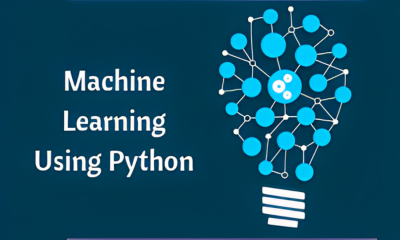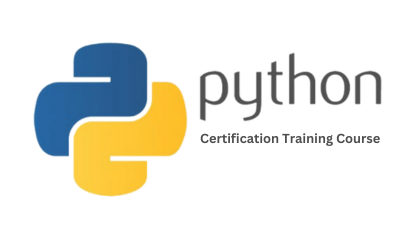CertHippo Data Science with Python Certification Course is NASSCOM-accredited, meets industry requirements, and is authorized by the Government of India. This course will teach you crucial Python topics including data operations, file operations, and different Python libraries like Pandas, NumPy, and Matplotlib that are required for Data Science. This training is appropriate for both experts and novices. This Python for Data Science certification programmer will also teach you about Machine Learning, Recommendation Systems, and other Data Science ideas to help you get started in your Data Science career.


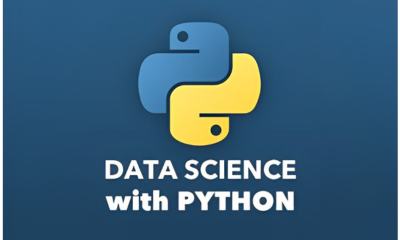





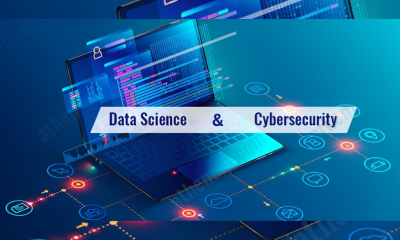
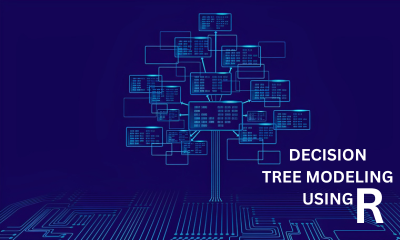
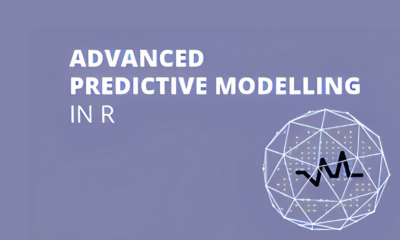
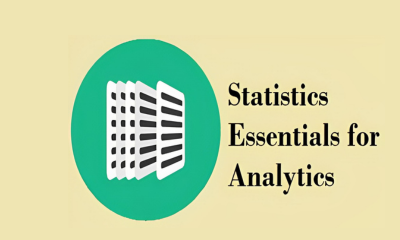
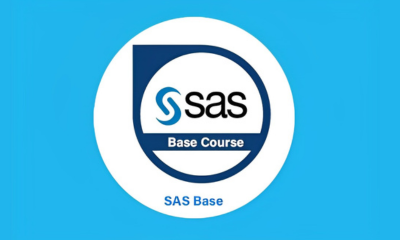
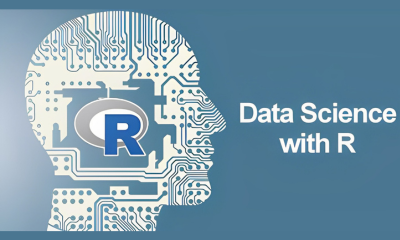
_CC638168526859122681_.jpg)
